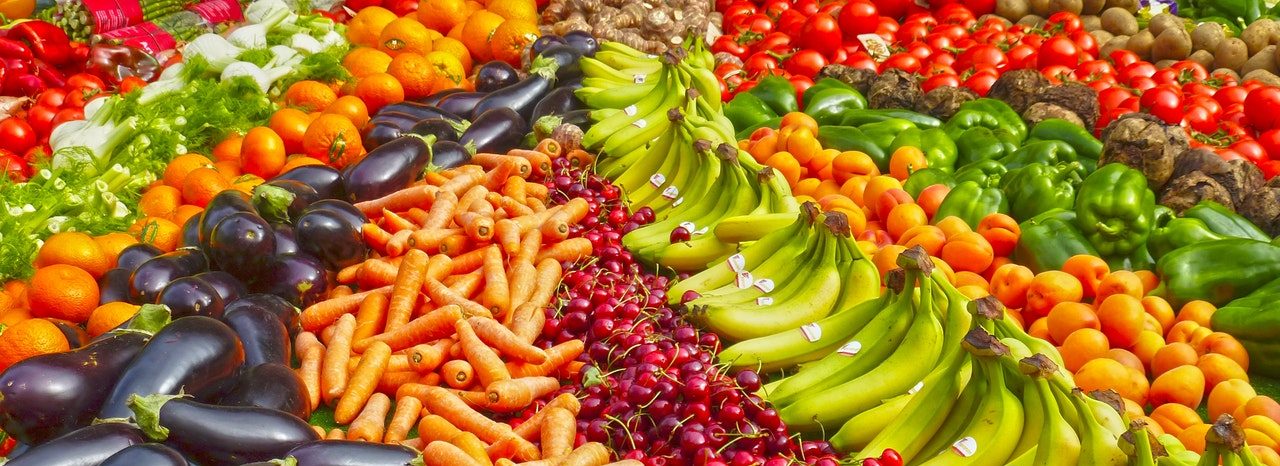The research for my masters thesis titled 'Covid-19 impacts on food system components in Zambia' attempted to look at the differential impacts that Covid-19 has had on Zambia's food system. A food system is the series of activities from the production of food, via processing, distribution, consumption and the management of food waste. Food systems are influenced by many drivers of change ranging from those derived from climate change like floods, droughts and pest incidences. Food systems may interact with pre-existing drivers of change and worsen food security outcomes. The Covid-19 pandemic is the main driver of change currently and it poses a new threat to food security outcomes.
A questionnaire generated in google forms was used to collect primary data. It consisted of mainly rating questions were participants were asked to rate on a scale of 1-5 (1 being insignificant impact and 5 being catastrophic impact), the extent to which they felt various food system components had been adversely affected by Covid-19. Key stakeholders who are knowledgeable of Zambia's food system were identified and invited to take part in the survey. A total of 52 out of 120 stakeholders responded to the survey. The data collected was run in Excel and SPSS to generate descriptive statistics and statistical tests respectively.
Key findings
- Incomes and consumption of the urban poor might be more vulnerable to being impacted by Covid-19 than those of the rural poor. This could be because the urban poor rely more on purchased food unlike the rural poor who produce their own food.
- Retailing and extension service provision are among some of the most adversely affected components.
- Commercial agricultural production is perceived to be more vulnerable than smallholder agricultural production. This could be because of the seasonal nature of smallholder agricultural production (when Covid-19 cases started increasing in Zambia and lockdown measures being put in place, smallholder farming was not in the production period) unlike commercial agricultural production which is done throughout the year. Furthermore, supply of labour commercial agricultural production was perceived to be more vulnerable than that of smallholder agricultural production. This can be attributed to the fact that commercial is more reliant on hired labour as compared to smallholder agricultural production which is more reliant on family labour.
- Availability of imported agricultural inputs has been affected by Covid-19. These include inputs like fertilizers, agro-chemicals, feed pre-mixes and veterinary products.
- Food prices are perceived to have increased since the onset of the pandemic in Zambia.
Opportunities arising from the Covid-19 crisis
Despite the adverse impact of Covid-19 on food system components, the pandemic has presented some opportunities for change that could be retained even a long time after the pandemic has ended. These include the following:
- The increased use of Information and Communication technologies (ICTs) in extension service provision.
- Increased online businesses and electronic money transactions.
